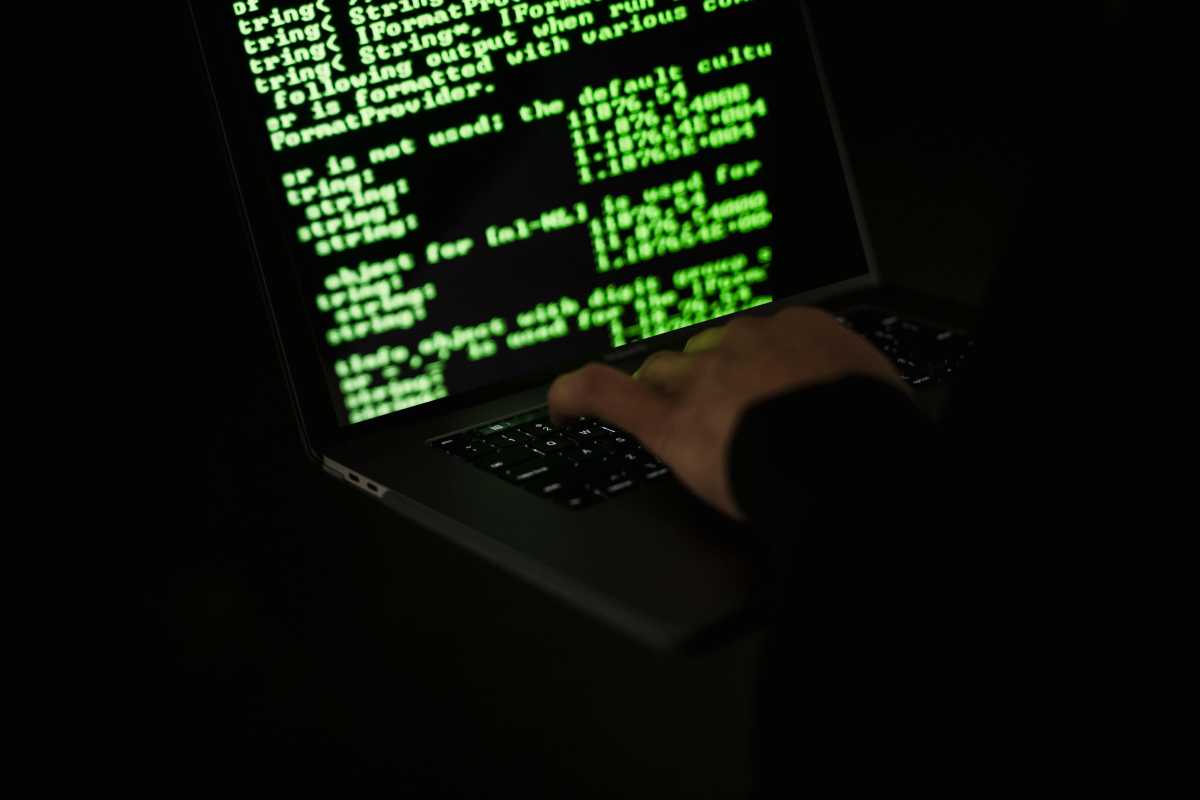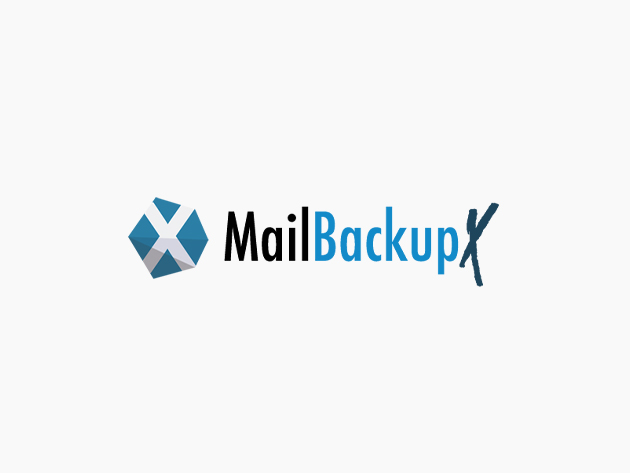I’m a PC security expert. These are the 5 dumbest mistakes I’ve made
Feature
I’ve learned a lot about PC security, but I’ve also made some cringeworthy mistakes. Here are some of the biggest!
I’ve picked up a few PC security tips in my time as a PCWorld editor, but I wasn’t born with that information. Yep, it’s been a gradual learning curve for me over many years of writing about security. I’ve also made some doozy security mistakes that I look back on now and just cringe. Here are some of the worst.
Table of Contents
1. I got compromised on a public Wi-Fi network
I would often use public Wi-Fi when travelling but without using a VPN, like the ones we review at PCWorld, to encrypt my data and hide my PC’s IP address. That’s even though some of the networks were open and unencrypted and could have potentially allowed hackers to intercept my personal data, including my login details, personal messages, and/or financial information.
As far as I know, I’ve been lucky not to have the above happen, but I suspect I have had my phone number stolen from my PC documents and added to a dodgy spam call register. That’s judging by the almost daily calls from a foreign number that have started since connecting to public Wi-Fi at an airport in New York.
2. I left my desktop PC accessable to strangers
For many years I was too relaxed about my desktop PC’s security, not having a password to boot it into Windows. That was despite being out of the house at work a lot and there being a lot of tradespeople coming and going from my house who could easily have booted it up and stolen any number of sensitive personal documents.
Luckily, that didn’t happen before I put a lid on my PC security. Now I always have a Windows Hello login set on my desktop so that only I can boot into Windows.
3. I left my accounts vulnerable to hackers
For a long time, I had my online accounts configured for login with just a mere username and password, that’s despite me having a lot of sensitive documents in them, like my passport details and a digital version of my birth certificate. That meant they were sitting ducks for hackers that could crack my passwords.
I’ve had passwords stolen too. My Dropbox account’s password was confirmed to have been compromised on the Dark Web by Norton 360 Deluxe’s Dark Web monitoring service. That’s why I now activate multi-factor authentication on as many accounts as I can, so that even if my passwords are compromised, hackers won’t be able to log in.

Pexels: Sora Shimazaki
4. I borrowed a friend’s portable HDD, and it had a virus on it
A friend wanted me to look at some Adobe InDesign files for a group project we were working on at university and the files were too big to send over the internet, so I gratefully accepted an HDD drive. The drive had the files I needed but it also had a rip-off version of the web app Ashampoo on it that, when I clicked on it, activated a trojan virus download to my PC.
Thankfully my antivirus software caught the culprit and isolated it before it could cause any havoc. But ever since that mishap I’ve been super cautious about foreign drives and just assume they are probably infected with viruses.
5. I didn’t upgrade to Windows 11 when I had the money
I needed a new motherboard in my gaming PC to legitimately upgrade to Windows 11. A year or so ago, I had that money but decided to use it for something else, so I didn’t upgrade to a fully unrestricted version of Windows 11.
I figure it’ll be a while before I can get enough money together again for a motherboard, so for now I’m stuck on Windows 10, and beyond October 14 this year (Windows 10 end-of-life) I won’t benefit from the latest security upgrades to Windows.
Further reading:







